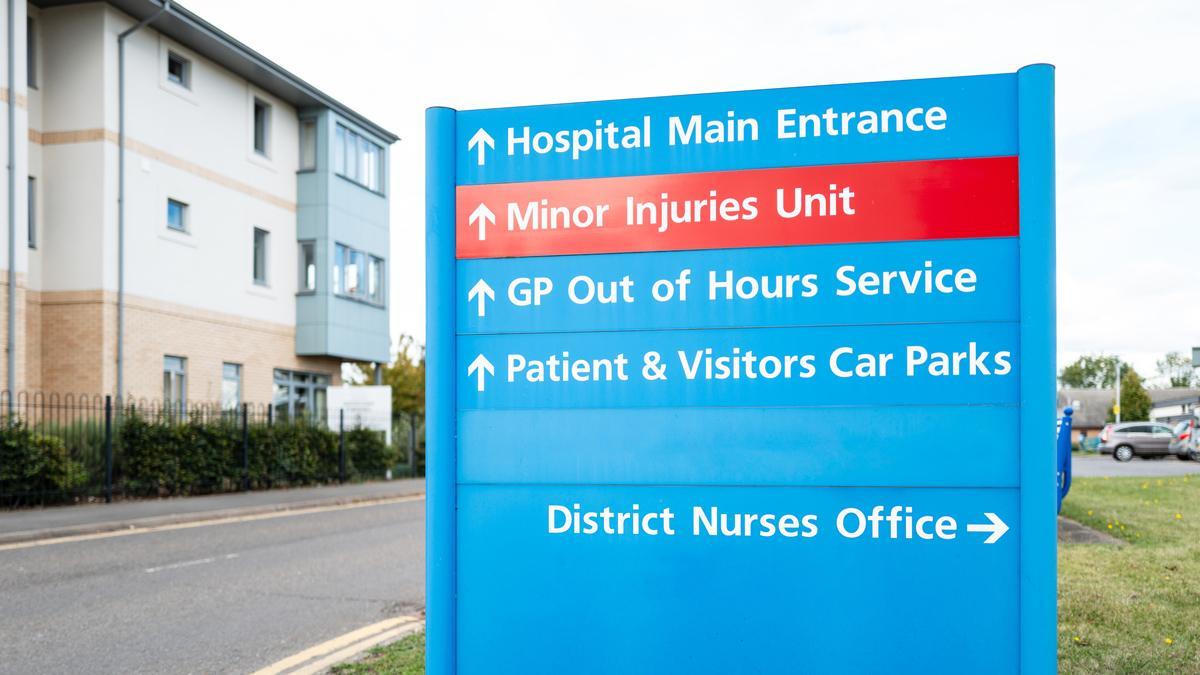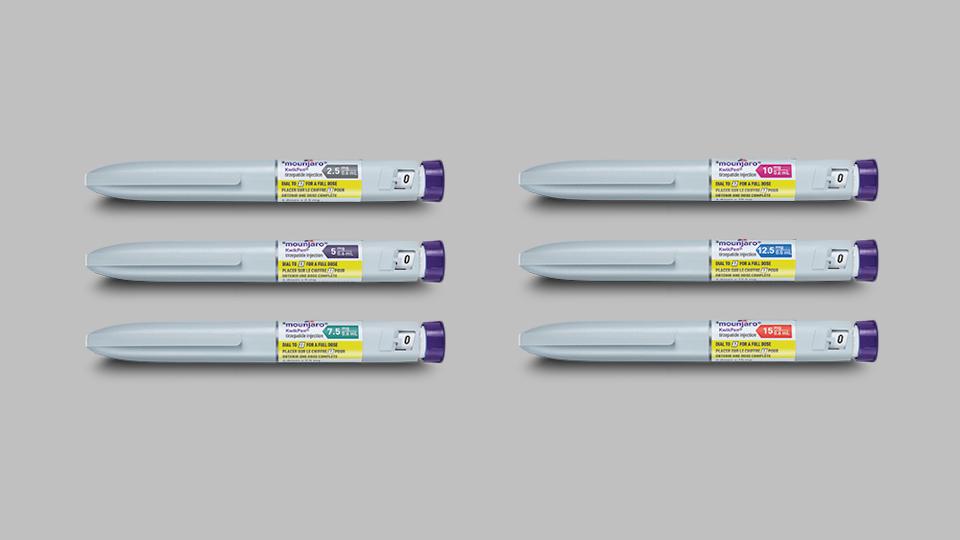UK plan to tackle waiting lists includes NHS App upgrade

The UK government has announced a range of measures to bring down hospital wait times, including more community hubs and changes to the NHS App to allow patients to seek treatment from a range of providers – including private companies.
The moves – which come ahead of a much-anticipated 10-year plan for the health service due to be published in the spring – come as the waiting list for elective, non-emergency procedures currently stands at 7.5 million, with around 40% of patients already having to wait longer than the NHS target of 18 weeks.
The elective reform plan includes provisions for GPs to refer some patients to an expanded network of community diagnostic hubs offering a wider array of tests – without requiring prior consultation with a specialist – for common conditions including breathlessness, asthma in children and young people, and post-menopausal bleeding.
Also included in the plan are 17 new or expanded surgical hubs for non-urgent treatment, like cataract surgeries and certain orthopaedic procedures, in order to free up hospital capacity.
Among the pledges are that two million extra NHS appointments will be delivered by the end of next year and – by July 2029 – that 92% of patients will be seen within the 18-week timeframe for elective procedures like hip and knee replacement surgery. At the moment, that target is met for fewer than 60% of patients.
Evolved NHS App coming
The upgraded NHS App, due to be ready in March, will allow almost all patients to contact their GP or hospital for non-urgent treatment – a function only available to a limited number at the moment – while those receiving treatment at around 85% of acute trusts will be able to view their appointments.
Other changes to the app include wider use of appointment reminders by hospitals, to reduce no-shows, while details of NHS as well as independent providers will be available to assist patients in choosing where they access treatment.
Overall, the aim of the plan is to allow thousands more patients to receive a diagnosis and treatment date within a single day, according to NHS England.
"With 1 in 9 people in England on a waiting list, we know that there is more we can do to support those who are waiting for crucial tests and procedures," said NHS chief executive Amanda Pritchard.
"By making it easier for people to get timely access to the tests they need alongside direct referrals and same day checks and consultations – this plan will help thousands more people to get a faster diagnosis and quicker treatment or the all clear, so people can get back to living their lives as soon as possible, with peace of mind that they won’t need further treatment," she added.
The plan was welcomed by the British Medical Association (BMA) as "a welcome sign that ministers are serious about giving this country the healthcare service it needs," although, the organisation warned that "without the workforce to meet constantly rising demand, we will not see the progress we all hope for."
"Funding for hospitals and GPs to recruit and retain doctors and the modernising of facilities to utilise their skills efficiently and effectively, are priorities to deal with the chronic burnout that has created the current workforce crisis," remarked Professor Phil Banfield, chair of the BMA council.
"Only when the government has laid out its concrete steps to fully support the NHS workforce can we be confident that they have a plan which can achieve this target," he added.
The BMA has also expressed concern that the emphasis on the app risks discriminating against patients who are less digitally savvy and could lead to a deluge of appointment and test bookings by the "worried well" that could swamp the NHS' limited capacity.












